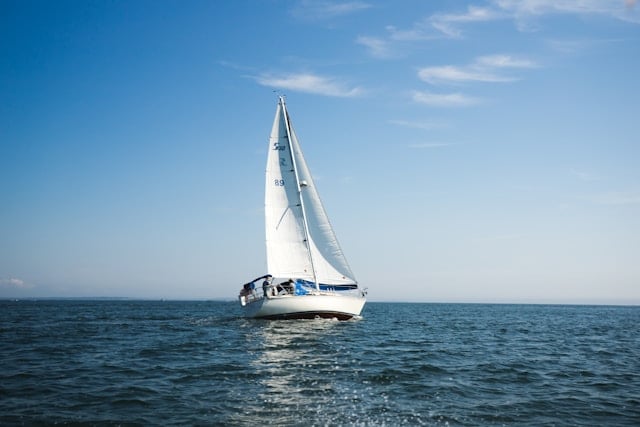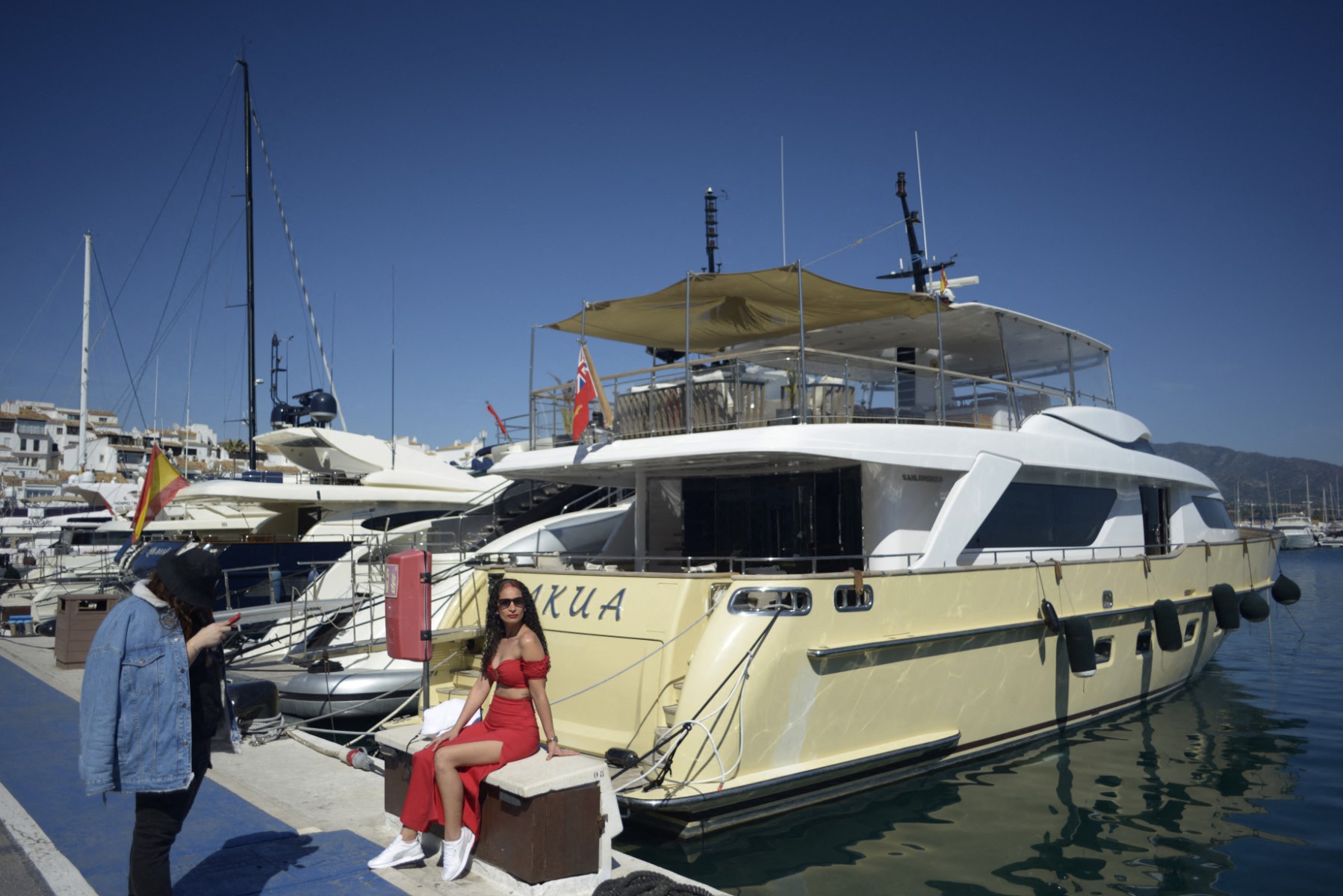Spain's Senate are set to vote in the coming week's on a law that would make it illegal for homeowners to rent out their properties to tourists on a short term basis.
Authorities believe around 20,000 properties will be affected.
The law is aimed at cracking down on the thousands of people who currently rent out their homes independently to holiday makers over the internet, a practice which hotel owners have long criticised for undermining the country's tourist trade.
“It would be a declaration of principle against renting out property for a certain number of days. Now all that needs to be done is to create the rules that would make it illegal to offer an apartment for holiday rental,” said Eliseo Martinez Secretary General of Asotur, an organisation which deals with property rental for tourists.
Spain's housing crisis has resulted in a proliferation of apartments that are being rented out “irregularly” to tourists for a certain number of days. In Madrid around 3,000 properties are believed to be on the rental market unbeknown to authorities.
The new legislation, which has already been approved by Spain's Congress, would hand the power of regulating the renting of properties to regional governments and would make temporary leasing by a private property owner illegal.
Short-term renting to tourists, whether for the summer period or on a day-by-day basis, has up to now been a civil right enshrined in Spain’s Urban Rental law (LAU).
But the government appears to have finally listened to the pleas of hotel owners.
In its new National Tourism Plan, the Spanish government stated “there has been a significant increase in this type of leasing” and described it as “unfair competition” for the country’s traditional tourism model.
Property owners in Spain however fear that everyone will be tarred with the same brush, even those who rent their properties legally.
“It’s true that there are a lot of underground deals, but we’re against that”, Asotur president David Tornos told 20 minutos.
“We pay our taxes and stick to the law, but hotel owners say we’re pirates. We want to be monitored and to be allowed to do our jobs.”




 Please whitelist us to continue reading.
Please whitelist us to continue reading.
Member comments